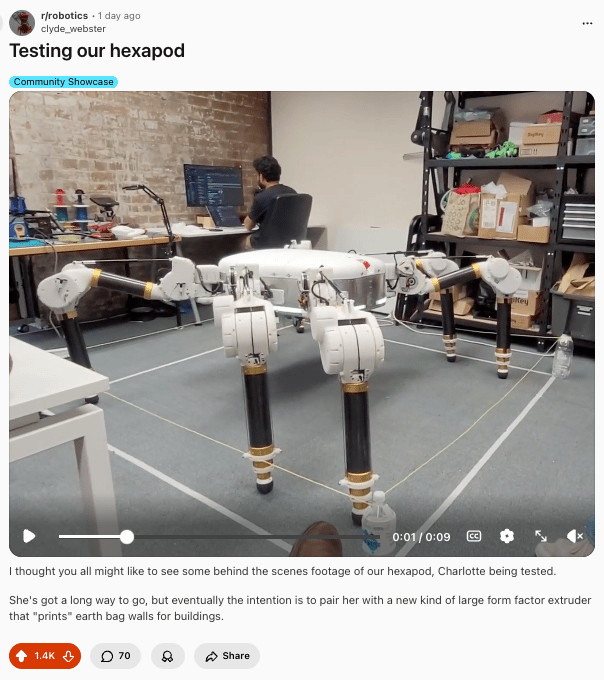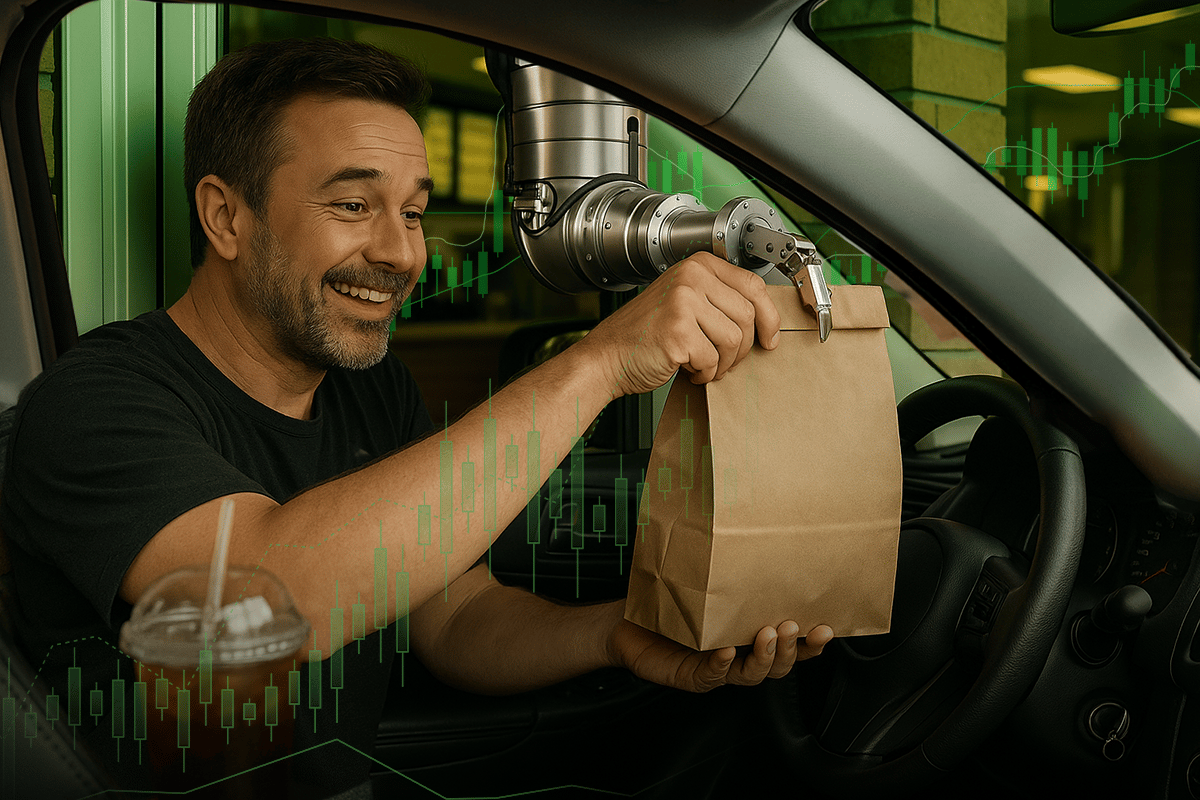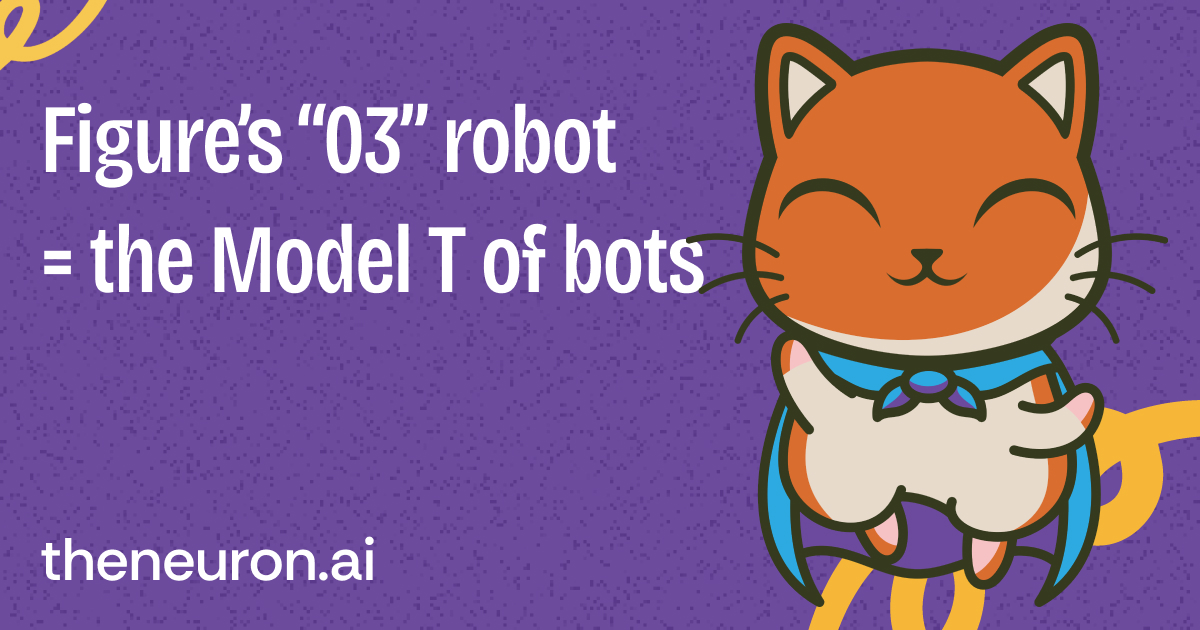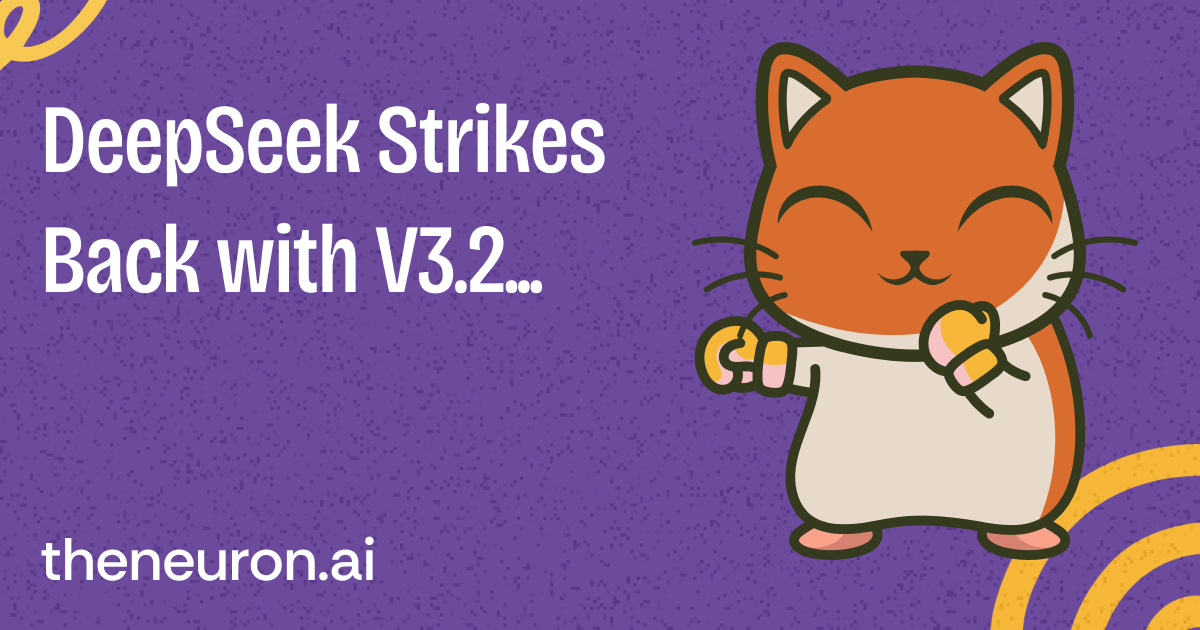Welcome, humans.
Ever wonder why your company has so many managers? Aparna Chennapragada, Microsoft's CPO of AI Experiences, has a theory: they're human translators.
Her recent essay argues that most work isn't actually creating or executing; it's translating. Engineers translate specs into code. Analysts translate data into charts. Managers translate strategies into updates. PMs translate customer needs into requirements. The org chart? It's basically a pyramid-shaped translation machine, with humans in the middle carrying information up and down.
Now here’s where AI comes in: language models, like ChatGPT, are the first “universal translators” for work. They can turn a 20-page report into a one-pager, a meeting into a brief, a spreadsheet into a chart, or requirements into code scaffolding instantly, for nearly free. When translation costs collapse to zero, you don't need thick middle layers of human translators anymore. The pyramid flattens into what she calls a “backbone.”
The post gots lots of shares on LinkedIn, and she responded by explaining this is why she's building Researcher at Microsoft. She wants to create an AI that gives every employee CEO-level insights by reasoning across your entire company's knowledge and the web. Think of it as that backbone layer, but productized.
As for what this all means for middle management “translator” jobs… depends on whether or not you consider permanently being “Out of Office” a promotion…
Here’s what happened in AI today:
- Figure debuts its 03 mass-production home robot for 2026.
- Google Nano Banana Image gen lands in Search/Lens for Android in the U.S.
- India launched nationwide pilot to shop and pay via AI assistants.
- Spotify + ChatGPT launch new integration for instant playlist/podcast recs.

Is Figure 03 the “Model T” moment for robots??
Introducing Figure 03
Figure AI just dropped Figure 03, and holy moly: this might be the first humanoid robot actually built for your living room.
Think of it as the Model T of robots. The big difference from previous versions? This bad boy was designed from the ground up for mass production. No more hand-built prototypes that cost a gazillion dollars each.
Here's the deal: Figure 03 can fold laundry, load your dishwasher, clear tables, and even water plants. It's covered in soft, washable fabric (think knit sweater vibes) instead of cold hard metal, making it 9% lighter and way less likely to accidentally clothesline you in the hallway.
What makes it tick? Figure's proprietary AI system called Helix. It’s basically a vision-language-action system that let it learn new tasks by watching humans. The robot learned to fold towels from just 80 hours of video footage (almost as much time as your Nephew spends learning TikTok dances).
The tech upgrades from Figure 02 to 03 are actually wild:
- Cameras with 2x frame rate, 60% wider field of view, and 75% less latency.
- Palm cameras in each hand for close-up viewing (like having eyes in your hands).
- Tactile fingertip sensors that detect forces as light as 3 grams (the weight of a paperclip).
- Wireless charging through its feet; just steps onto a charging pad.
- Better speakers and microphones for voice control.
Why this matters: Figure raised $1B at a $39B valuation from investors including NVIDIA, Jeff Bezos, OpenAI, and Microsoft. They're building a new factory called BotQ that'll pump out 12K robots per year initially, targeting 100K over four years.
Oh, and TIME just named it one of the Best Inventions of 2025.
The reality check: As flashy as this demo is, this robot isn’t actually ready for home use just yet. CEO Brett Adcock admits they're “not there yet” and hopes to nail it by 2026. After all, the robot was only finished a week before the demo. And during TIME's visit, the robot kept dropping laundry and couldn't pick it back up.
This is something we wondered too: if the robot is carrying a box, and then accidentally drops it, could it react quickly enough to catch it mid-air? That’s the demo we wanna see, Brett!
The debate: Many roboticists argue humanoid isn't the right form factor. Hexapod robots (think six-legged spiders) might be more versatile for certain tasks, though they're probably further out for consumer use; that said, here’s a pretty epic one under construction right now:

Here's the ultimate bet: if AI scaling laws apply to robotics the same way they did to ChatGPT, we might be closer than we think. Every robot uploads terabytes of data for continuous learning. More data = smarter robots = your dishes finally getting loaded correctly… and maybe catching that falling plate faster than you can?

FROM OUR PARTNERS
From 0 to $1.25B: How Linear grew without over-hiring

Cursor hit $10B with 60 people. Linear serves 15,000+ customers with 80.
The future of scaling isn’t about headcount...it’s about efficiency.
Join Cristina Cordova (COO, Linear; ex-Stripe, Notion) for Rippling’s First Principles Series as she unpacks how top startups are optimizing for revenue per employee, not vanity growth.
Learn how to:
💡 Build collapsible teams.
💡 Identify when it’s really time to hire because “hiring before you have the signal isn’t scaling, it’s gambling.”
💡 Keep craftsmanship alive while scaling fast.
📅 Oct 15 | 11 AM PT
🎙️ Cristina Cordova, COO at Linear
🧢🎁 First 25 people to engage during the live session get a limited-edition “First Principles” dad hat.

Prompt Tip of the Day
This Interactive Prompt Engineering Tutorial from Anthropic teaches you to craft effective Claude prompts through interactive exercises, from basic structure to advanced techniques like hallucination prevention and industry-specific applications. There’s also a Google Sheets version you can check out here.
Now, that guide is getting a bit dated, but it’s still worth doing if you’re new to prompting and AI. For a slightly more up to date resource, check out Anthropic’s guide to Claude 4, or if you prefer using ChatGPT, check out OpenAI’s prompting guide to GPT 5. We also recommend you check out Anthropic’s tips on working with Extended Thinking, which provides tips for working with the smarter version of Anthropic’s models that “reason” before answering your questions. ChatGPT-5 “Thinking” has Thinking mode, which is similar but has multiple thinking levels.

Treats to Try
- Sider automates research by finding and sorting sources for any topic, highlighting the key information, and generating a detailed report with citations—free trial, then $16/month (though there’s different pricing tiers).
- Reve creates images with readable text (type “coffee shop poster” and get actual words, not scrambled letters) and is apparently a great image editor—free to try.
- Layercode CLI lets you create voice AI agents with one command that respond in ~50ms across 330+ global locations. Free $100 credit (~1K convo minutes).
- JustPaid streamlines your financial operations with automated invoicing, payment tracking, and revenue insights that help identify unbilled usage and growth opportunities.
- Lyra captures your meeting notes, action items, and follow-ups automatically in real time, turning hours of admin work into minutes and ensuring nothing gets lost in your team's workflow.
- Spotify's ChatGPT integration connects to ChatGPT so you can say "create a workout playlist with my top artists" or "suggest jazz podcasts" and get instant, personalized music recommendations—free for all Spotify users.
- Doored is a game made entirely with Google’s Veo 3, which reminds us of the old-school “video” games in the 90s that used “full motion video” (live action footage) and mixed it with gameplay via quick-time events. Peak CD-ROM vibes.

Around the Horn

- Thinking Machines Lab co-founder Andrew Tulloch joined Meta after reportedly turning down a $1.5 billion offer earlier (rumors say $3.5B but 🤷♂️).
- Apple is close to acquiring computer vision startup Prompt AI that develops human-like sensing technology.
- India launched a nationwide pilot enabling consumers to shop and pay directly via AI chatbots, primarily ChatGPT.
- Google integrated Nano Banana AI image generator into Search and Lens for Android US users.

FROM OUR PARTNERS
How a $25M Catalyst Could Bring Robotics Nationwide

Automation’s the future, but 71% of execs say upfront costs prevent its adoption. That’s why Miso Robotics’ new $25M hardware financing facility for customers turned heads. Miso’s AI-powered kitchen robots have logged 200k+ hours for brands like White Castle. With this $25M line and partnerships with NVIDIA, Amazon, it’s unlocking quick, flexible adoption of cutting-edge automation. Invest before Miso’s bonus shares change on 10/9.
This is a paid advertisement for Miso Robotics’ Regulation A offering. Please read the offering circular at invest.misorobotics.com.

Sunday Special

Why yes, this is indeed Arnold playing Vanessa Carlton’s “A Thousand Miles”, we’re so glad you asked!
- New findings from Wiley shared by Brandon Vigliarolo reveal how AI's widespread adoption among researchers (now at 84%) is colliding with reality; while most report improved efficiency, confidence in AI outperforming humans has plummeted (report).
- This honest breakdown from Hex explains why overengineering solutions for current AI model limitations is often wasted effort.
- This report shows Latin American courts face a digital evidence crisis, lacking tools and frameworks to authenticate AI-generated content in criminal cases.
- The Register's Thomas Claburn analyzed new data from LayerX and revealed that 45% of enterprise employees used unauthorized generative AI tools with 77% admitting to pasting sensitive company data into public chatbots.

A Cat’s Commentary


That’s all for today!

.jpg)

.jpg)










